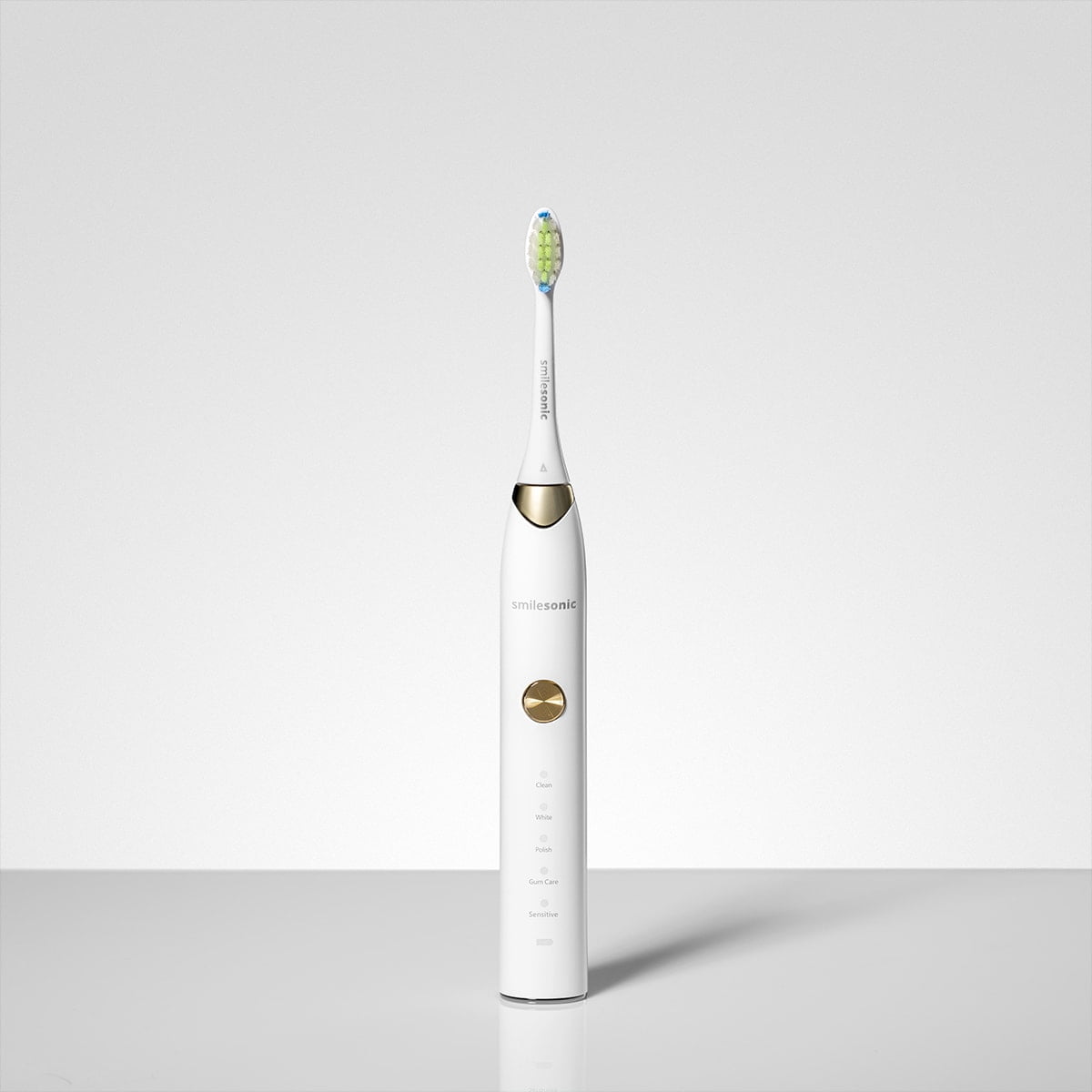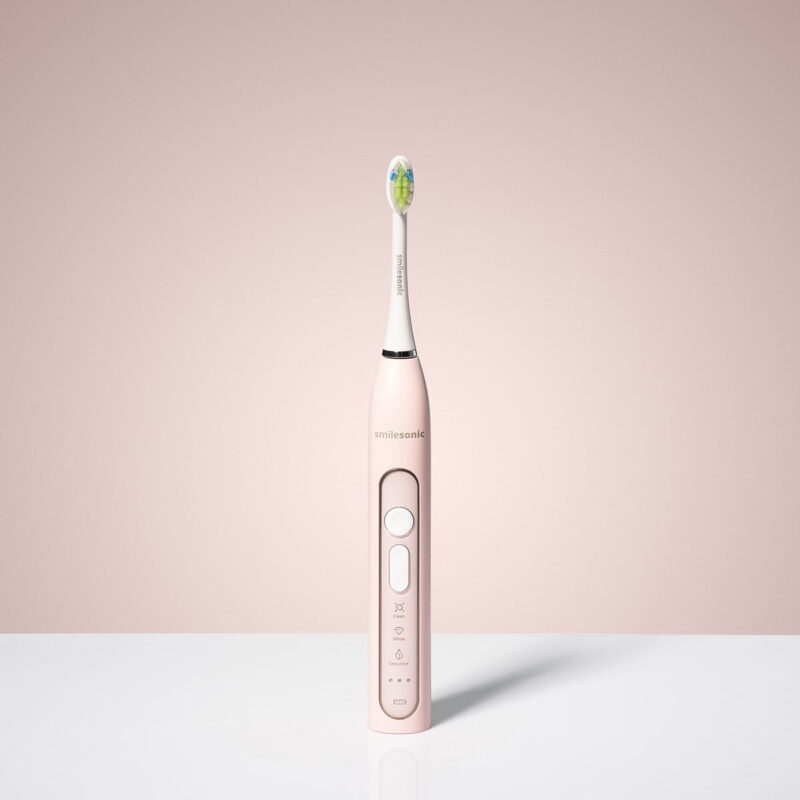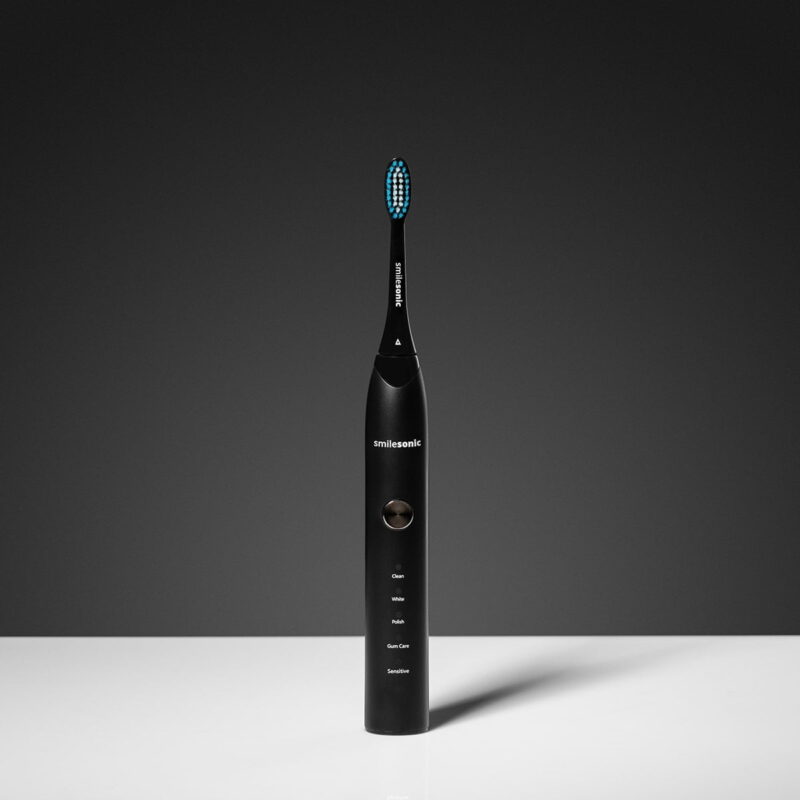The trouble of bleeding gums – where does it come from and how to deal with it?
The problem of bleeding gums is quite common. Many people underestimate it, thinking that it is a consequence of too strong tooth brushing, cuts and irritation. Meanwhile, this is not always the case. Prolonged, periodically appearing bleeding may be a reaction of the organism to inflammatory conditions or systemic diseases. So, when should you go to the dentist with bleeding gums? Where does this problem come from and how can we deal with it?
Why do our gums bleed?
Bleeding gums cause fear in most of us, but only temporarily. A metallic taste in the mouth, mild gum pain and red-colored toothbrush bristles are all warning signs that we forget about just minutes after brushing. What could have really happened? We probably brushed our teeth too hard, or the bristles of our toothbrush touched our gums, which is where all the trouble began. At least that’s what we think. However, bleeding gums should not be underestimated. Dentists say that it may be one of the first symptoms of gingivitis, which, in the course of time, may develop into periodontitis. This disease in its most advanced stage threatens even with loss of teeth.
However, the trouble with bleeding gums does not have to mean only periodontitis. This dangerous disease is only one of the possible causes of bleeding. In addition to it, irritation can be caused by factors such as:
- improper oral hygiene (mishandling of the toothbrush, leading to damage to the gums),
- improper diet (deficiency of vitamins C and K),
- stimulants (especially smoking),
- permanent stress,
- taking certain medications (especially antiepileptic, anti-allergic, antineoplastic and antiepileptic drugs),
- liver diseases,
- diabetes,
- blood clotting disorders,
- anemia,
- pregnancy.
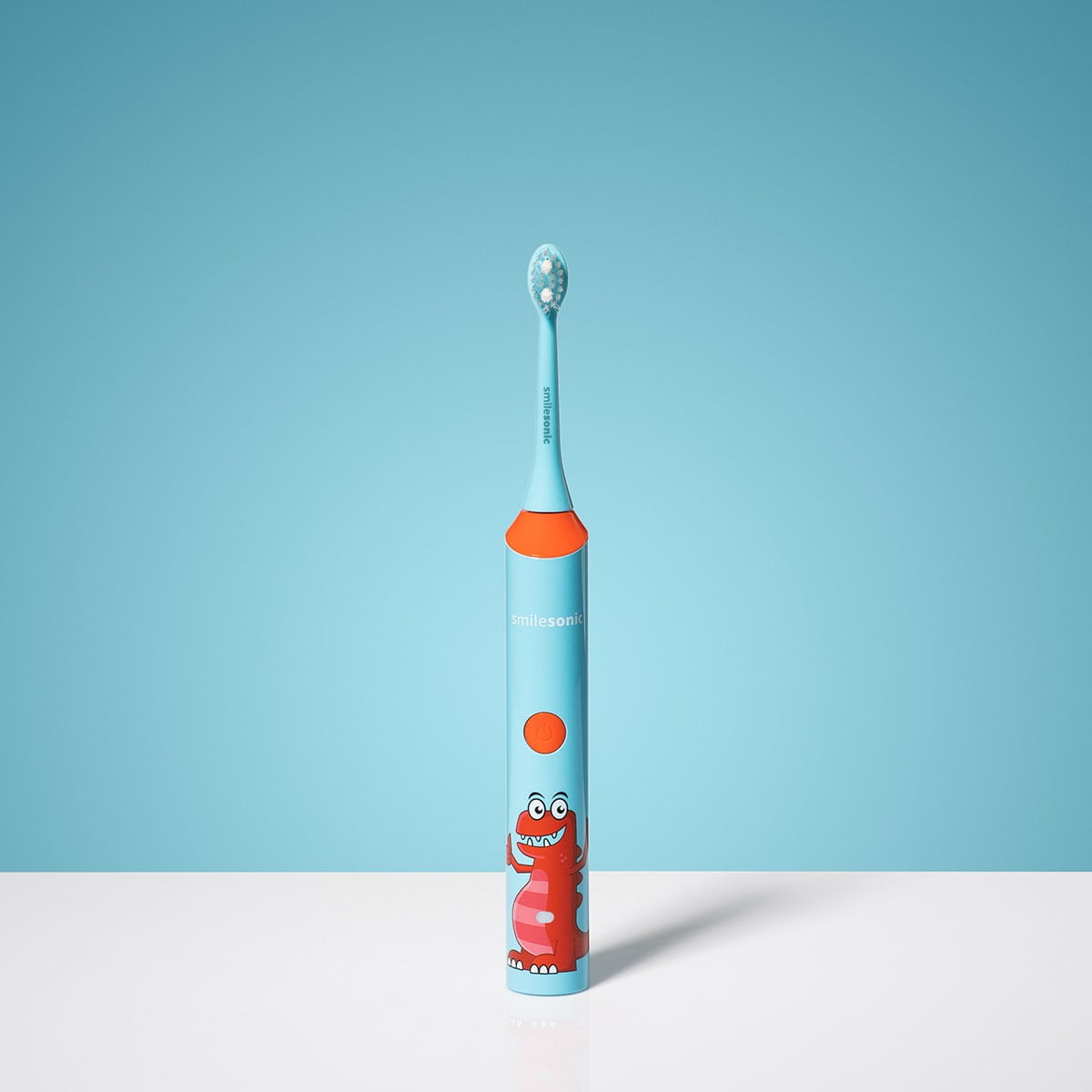
219,00 złSelect options
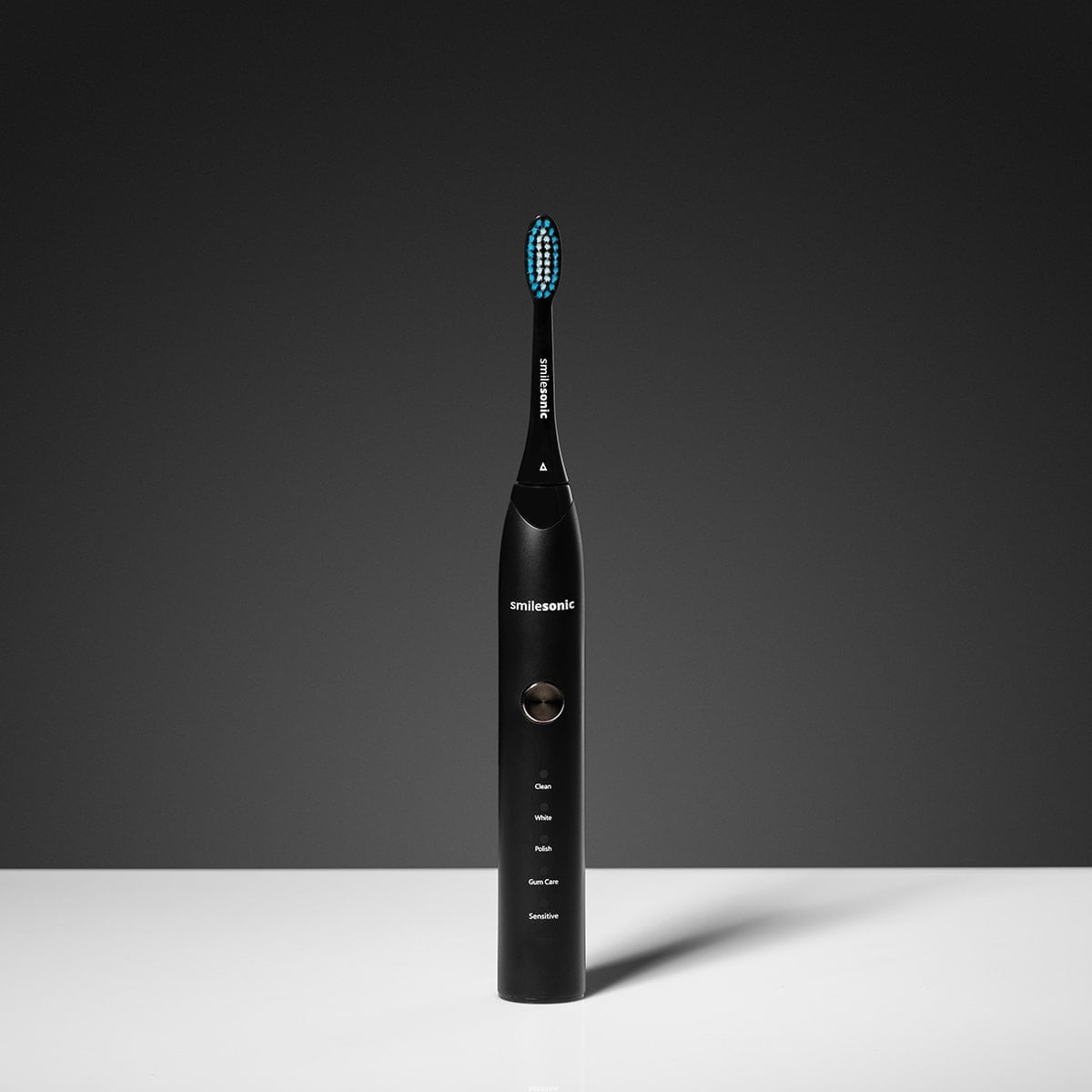
379,00 złSelect options
Is it periodontitis?
Periodontitis is, in other words, an inflammation of periodontium. This disease appears when we do not take proper care of our oral cavity for a long time. It is caused by bacteria deposited on the structures around teeth (gums, periodontium, alveolar bone). According to dentists, periodontitis is the second most common oral disease, after dental caries, that patients come to dental offices with. It usually occurs in men over forty years of age, but not only – more and more often it affects younger people as well.
The main symptom of periodontitis is bleeding gums. In addition to bleeding and painful gums, the condition can also cause problems such as swollen and red gums, exposed tooth necks, loose teeth, and long-term bad breath. If you notice similar symptoms in yourself, you should see your dentist as soon as possible. The doctor at the dentist’s office will examine you with the PA-ON periodontal probe, which makes it possible to diagnose periodontitis at an early stage.
How do I deal with bleeding gums?
If you have periodontitis, the only way to deal with bleeding gums is to get professional treatment at your dentist’s office. In many situations, however, we can also deal with the problem on our own at home.
For example, if the bleeding occurs due to too intensive brushing, it is recommended to change the technique of brushing teeth, and use a toothbrush with soft, delicate bristles for daily oral care. You may find that investing in one of the Smilesonic sonic toothbrushes is a great solution. Smilesonic GO, EX and UP toothbrush models can be fitted with SensiTouch tips for bleeding gums. All three of our premium sonic toothbrushes also come with a Sensitive mode for gentle, subtle brushing that’s ideal for those with sensitivities.
If your bleeding gums are caused by deficiencies of vitamins C and K, you should think about changing your diet, namely eliminating highly processed, excessively sweet and salty products from your menu. Instead, let’s eat more vegetables and fruits. For the sake of your gums, think about stopping smoking and trying to reduce stress.



